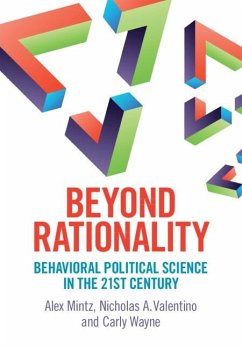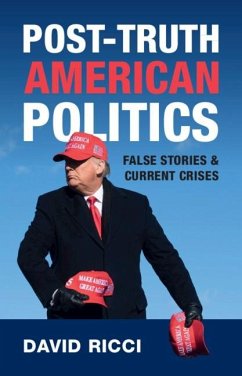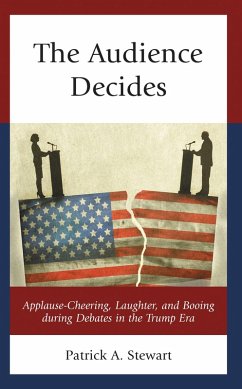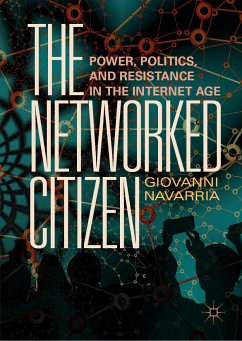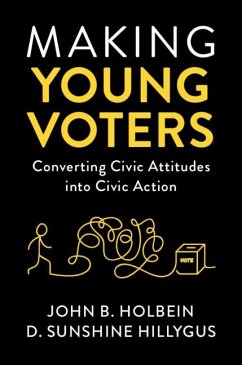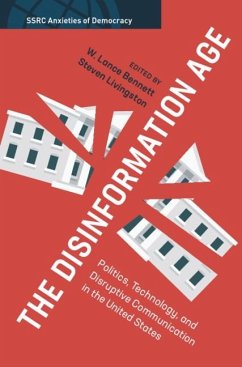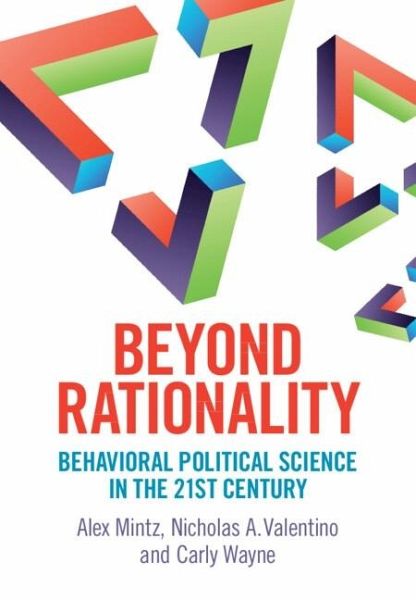
Beyond Rationality (eBook, PDF)
Behavioral Political Science in the 21st Century
Versandkostenfrei!
Sofort per Download lieferbar
29,95 €
inkl. MwSt.
Weitere Ausgaben:

PAYBACK Punkte
15 °P sammeln!
How and why do people make political decisions? This book is the first to present a unified framework of the Behavioral Political Science paradigm. - BPS presents a range of psychological approaches to understanding political decision-making. The integration of these approaches with Rational Choice Theory provides students with a comprehensible paradigm for understanding current political events around the world. Presented in nontechnical language and enlivened with a wealth of real-world examples, this is an ideal core text for a one-semester courses in political science, American government,...
How and why do people make political decisions? This book is the first to present a unified framework of the Behavioral Political Science paradigm. - BPS presents a range of psychological approaches to understanding political decision-making. The integration of these approaches with Rational Choice Theory provides students with a comprehensible paradigm for understanding current political events around the world. Presented in nontechnical language and enlivened with a wealth of real-world examples, this is an ideal core text for a one-semester courses in political science, American government, political psychology, or political behavior. It can also supplement a course in international relations or public policy.
Dieser Download kann aus rechtlichen Gründen nur mit Rechnungsadresse in A, B, BG, CY, CZ, D, DK, EW, E, FIN, F, GR, HR, H, IRL, I, LT, L, LR, M, NL, PL, P, R, S, SLO, SK ausgeliefert werden.




